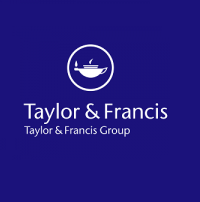5. Conclusions
In this paper, we examine the effects of money laundering: a criminal act aimed at concealing the nature, source, location, or movement of money derived from unlawful activities; on auditors’ decision to charge higher audit fees. Our study is motivated by a lack of research on risks emanating from broader economy-level operations: the risks of operating in states with high money laundering sentencing rates in the US. Our study documents an increase in audit fees for clients headquartered in high money laundering risk states. Our results are nontrivial as well. We document a 2.2% increase in audit fees for a one standard deviation increase in the money laundering sentencing rate. Our results are robust to the inclusion of a number of state-level controls, including social capital (Jha and Chen 2015).
We contribute to the audit-fee literature by investigating a hitherto unexplored audit fees determinant. Prior evidence by Lyon and Maher (2005) finds that audit fees are higher for clients operating in countries where the bribing of officials is an accepted norm. We consider a more egregious form of criminal act: money laundering. We also contribute to understanding the economic consequences of money laundering activities. Although the professional literature on money laundering has alluded to a number of its adverse economic effects, to the best of our knowledge, we are the first to relate money laundering with auditors’ response to clients’ business risk and, hence, to audit fees.







